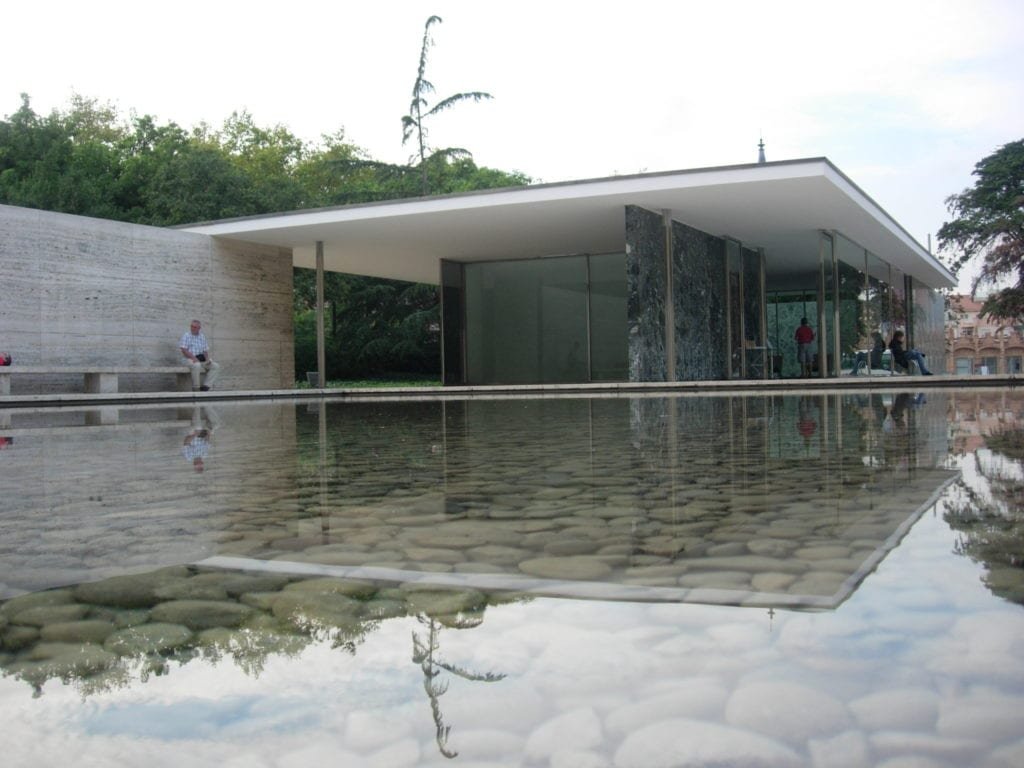If you are involved in construction work, you may have heard of Concrete Mixer Machine. These machines are essential for making concrete, which is used for building foundations, roads, bridges, and other structures. In this article, we will discuss different types of concrete mixer machines, their uses, and maintenance tips to ensure their longevity.
Types of Concrete Mixer Machines
Concrete mixer machines come in different types, depending on their mode of operation and size. The following are the most common types of concrete mixer machines:
1. Batch Concrete Mixers
Batch concrete mixers are the most common type of concrete mixer machines. They are ideal for small to medium-sized construction projects, as they can mix a specific amount of concrete at once. They consist of a rotating drum, which mixes the concrete ingredients together. Once the concrete is mixed, it is discharged through a chute into a truck or wheelbarrow.
2. Continuous Concrete Mixers
Continuous concrete mixers are used for large construction projects, where a constant supply of concrete is required. They are designed to mix concrete ingredients continuously, without interruption. They consist of a horizontal rotating drum, which continuously mixes the concrete ingredients as they are fed into the machine.
3. Pan Concrete Mixers
Pan concrete mixers are used for making concrete in small quantities. They are ideal for laboratory use, where small samples of concrete are required for testing. They consist of a stationary pan, which holds the concrete ingredients, and a set of blades, which mix the concrete.
4. Reversing Drum Mixers
Reversing drum mixers are used for making large batches of concrete. They are designed to mix the concrete ingredients in both directions, ensuring a uniform mix. They consist of a rotating drum, which reverses its direction of rotation periodically, to ensure thorough mixing.
5. Tilting Drum Mixers
Tilting drum mixers are used for making large batches of concrete, and they are similar to reversing drum mixers. However, they have a tilting drum, which allows the concrete to be discharged easily. They are commonly used for making precast concrete products, such as pipes and blocks.
Uses of Concrete Mixer Machines
Concrete mixer machines are used for various construction projects, including:
1. Construction of Buildings
Concrete mixer machines are essential for building foundations, walls, and roofs. They are used to mix concrete, which is then poured into molds to form the building components.
2. Construction of Roads and Bridges
Concrete mixer machines are used for making concrete for roads and bridges. The concrete is used to make the pavement, curbs, and other components of the road and bridge structures.
3. Construction of Dams
Concrete mixer machines are used for building dams and other water structures. The concrete is used to form the walls, floors, and spillways of the dams.
4. Manufacturing of Precast Concrete Products
Concrete mixer machines are also used for manufacturing precast concrete products, such as pipes, blocks, and slabs. These products are made in a factory and then transported to the construction site for installation.
Maintenance Tips for Concrete Mixer Machines
Concrete mixer machines require regular maintenance to ensure their proper functioning and longevity. Here are some maintenance tips for concrete mixer machines:
1. Regular Cleaning
Concrete mixer machines should be cleaned regularly after use to prevent the buildup of hardened concrete. The drum should be cleaned with a pressure washer or by manually scraping off the concrete residue.
2. Lubrication of Moving Parts
Moving parts of the concrete mixer machine, such as the bearings and gears, should be lubricated regularly to prevent friction and wear. This helps to ensure the machine runs smoothly and efficiently.
3. Inspection of Drum and Blades
The drum and blades of the concrete mixer machine should be inspected regularly for any signs of wear and tear. Any damaged parts should be replaced immediately to prevent further damage.
4. Replacement of Worn-Out Parts
Worn-out parts of the concrete mixer machine, such as the blades, should be replaced promptly to ensure the machine continues to function properly. Regular replacement of parts helps to ensure the longevity of the machine.
Conclusion
Concrete mixer machines are essential for construction projects of all sizes. They come in different types and are used for various applications, including building foundations, roads, bridges, and dams. To ensure their proper functioning and longevity, it is important to follow proper maintenance practices, including regular cleaning, lubrication of moving parts, inspection of the drum and blades, and replacement of worn-out parts.
FAQs
- What is the capacity of a concrete mixer machine?
Concrete mixer machines come in different capacities, ranging from small, portable models to large, stationary models. The capacity of a concrete mixer machine depends on the size of the drum and the type of mixer.
- Can I mix other materials in a concrete mixer machine?
Concrete mixer machines are designed to mix concrete ingredients only. Mixing other materials, such as soil or asphalt, can damage the machine and affect the quality of the concrete.
- How do I choose the right type of concrete mixer machine for my project?
The type of concrete mixer machine you choose depends on the size of your project and the amount of concrete you need to mix. For small to medium-sized projects, a batch mixer or pan mixer is ideal, while for large projects, a continuous or reversing drum mixer is recommended.
- Can I rent a concrete mixer machine?
Yes, you can rent a concrete mixer machine from equipment rental companies or construction supply stores. This is a cost-effective option for smaller projects or for those who do not need to use the machine on a regular basis.
- How long does a concrete mixer machine last?
The lifespan of a concrete mixer machine depends on its quality, frequency of use, and maintenance practices. With proper maintenance, a high-quality concrete mixer machine can last for many years.

As an architecture and interior designer, I am passionate about creating spaces that inspire and delight those who inhabit them. With over a decade of experience in the industry, I have honed my skills in both the technical aspects of design and the art of crafting beautiful, functional spaces.
After earning my degree in architecture, I began my career working for a prestigious firm where I was exposed to a wide range of projects, from commercial buildings to high-end residential properties. During this time, I developed a keen eye for detail and a deep appreciation for the importance of form and function in design.
In recent years, I have struck out on my own, founding my own design studio where I have been able to further explore my passion for interior design. I believe that a well-designed space can transform the way people live and work, and I take pride in working closely with clients to understand their needs and create spaces that exceed their expectations.
Throughout my career, I have been recognized for my innovative and creative approach to design, and have been honored with a number of awards and accolades. When I’m not working on design projects, you can find me exploring the outdoors or seeking inspiration in the world around me.


